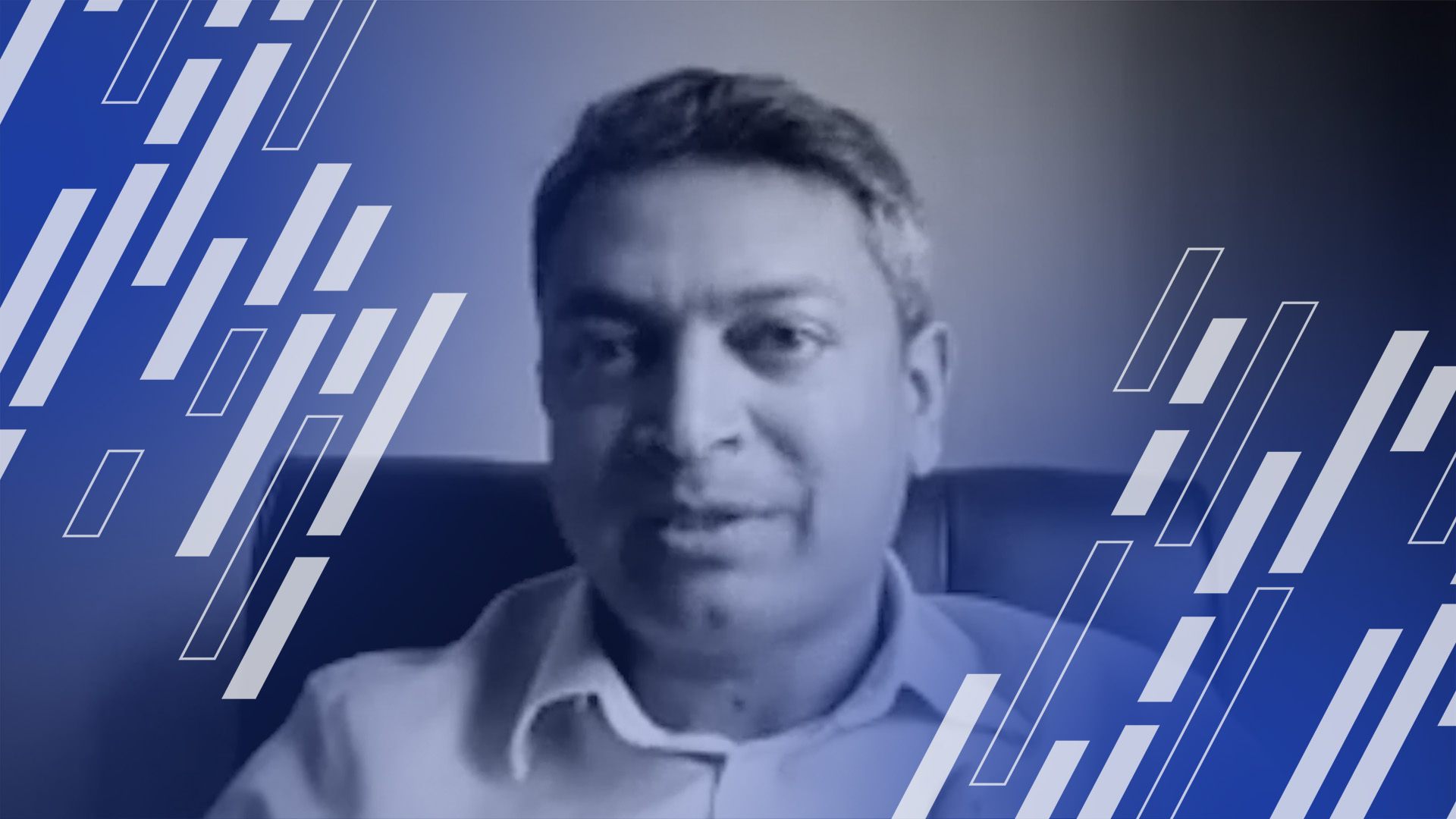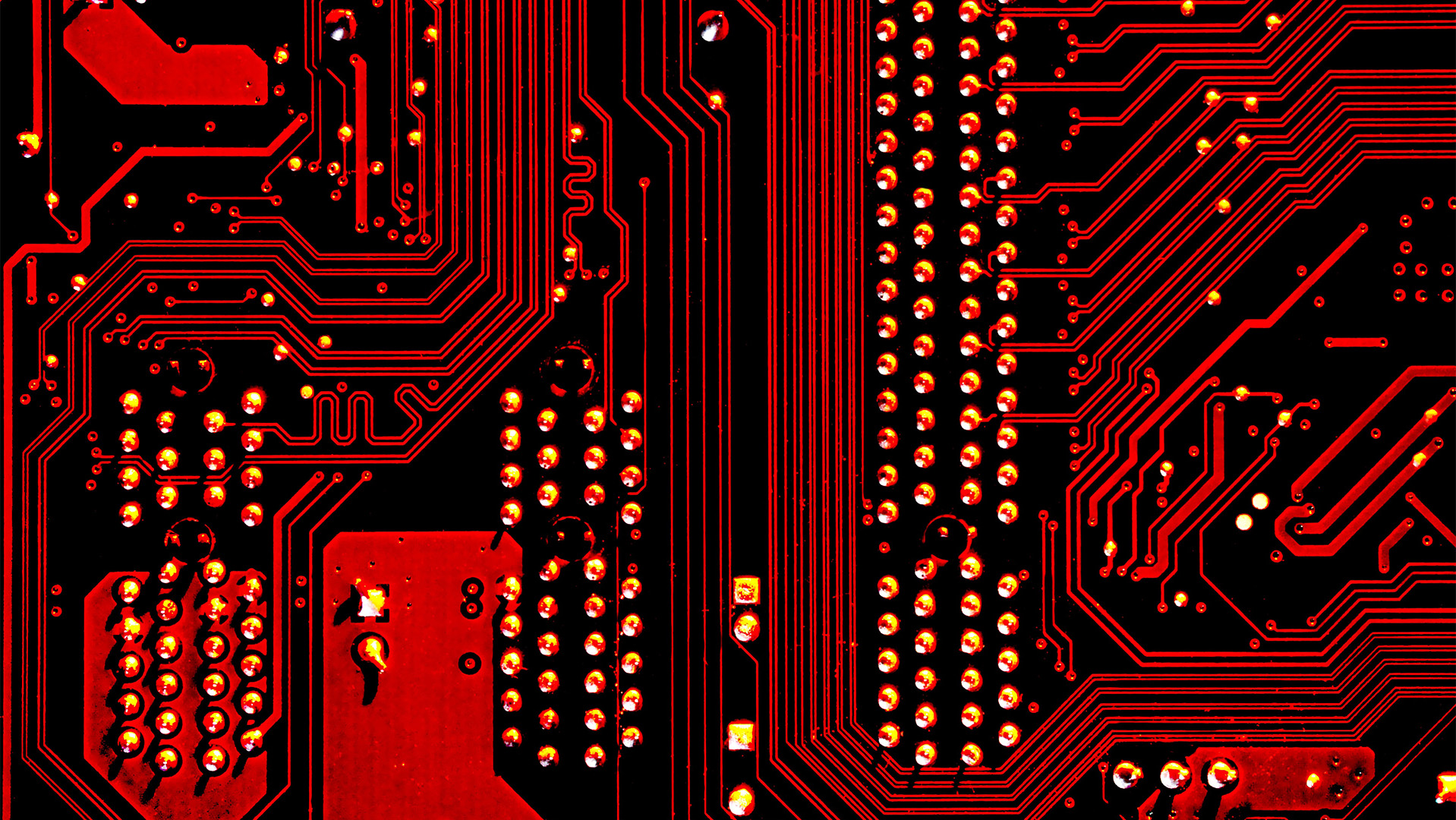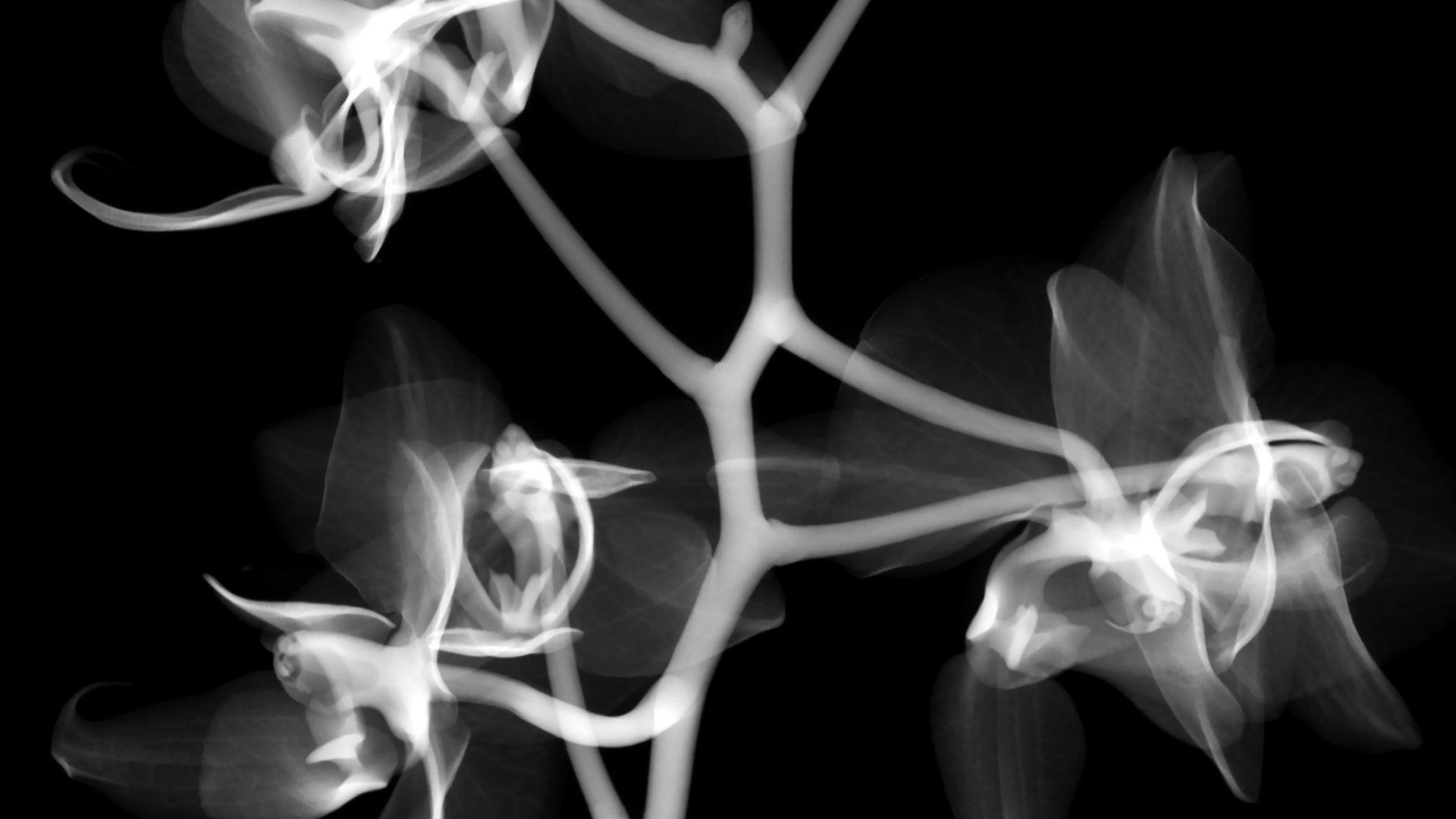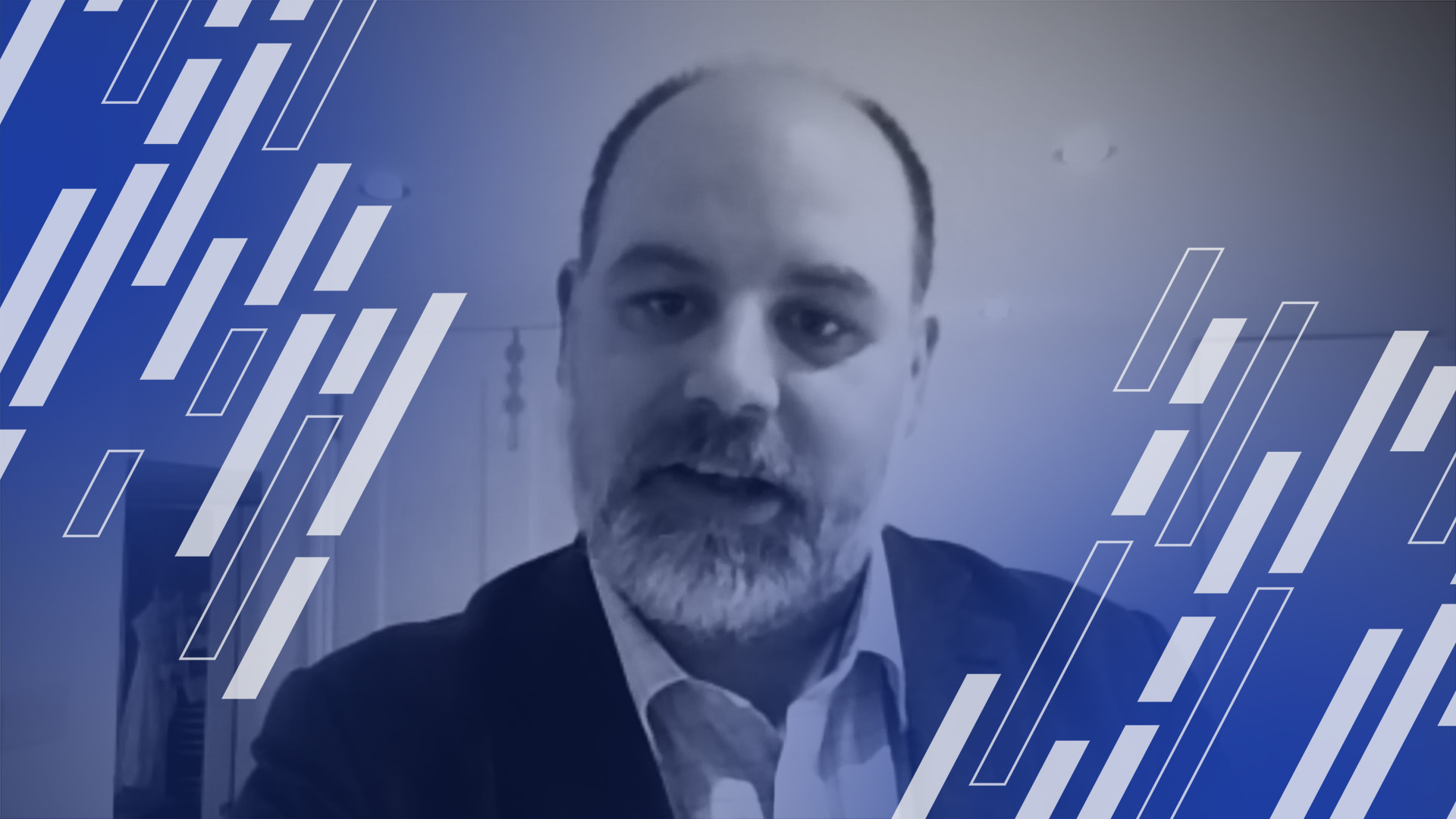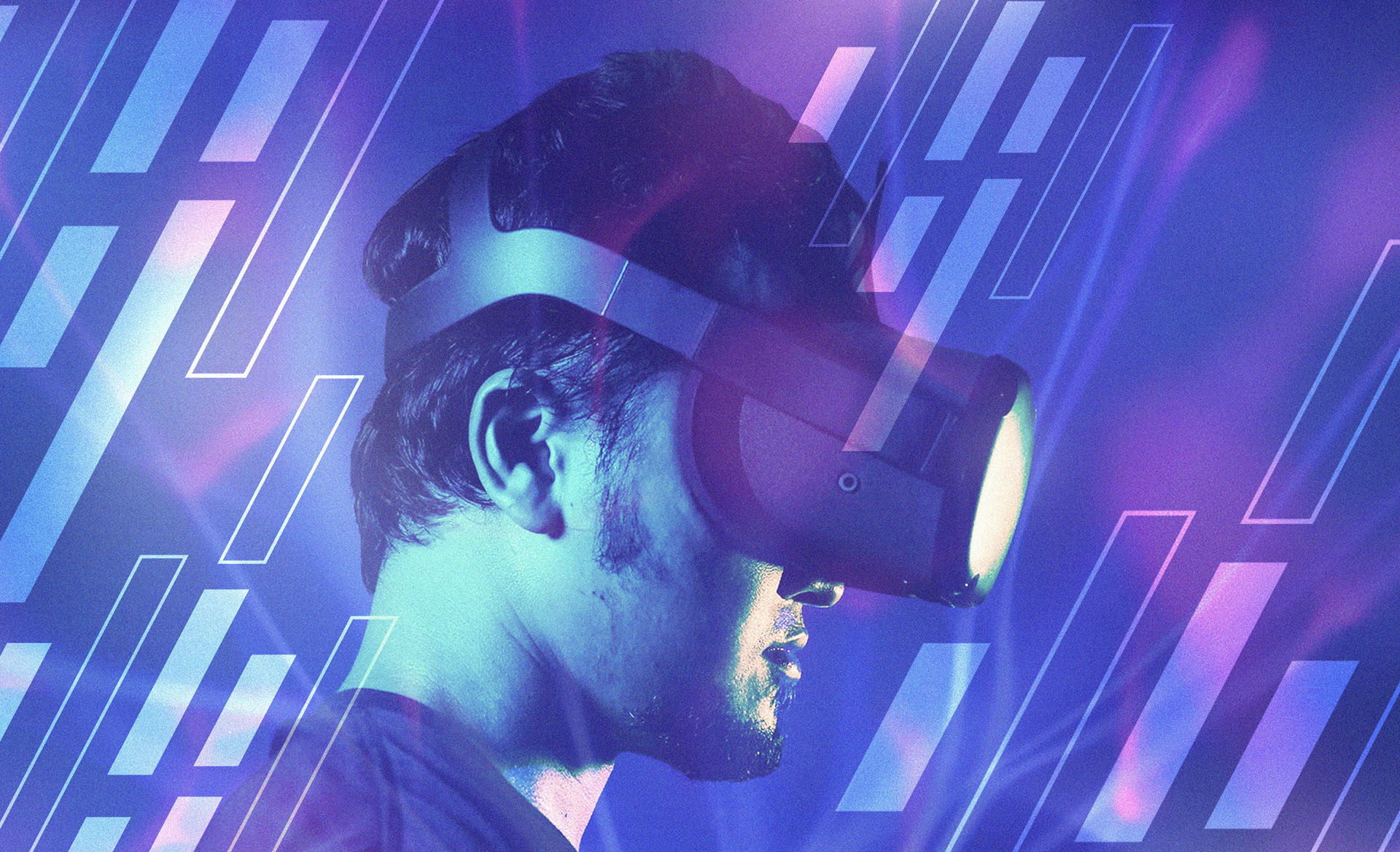KEY TAKEAWAYS
- IOWN (NTT’s Innovative Optical and Wireless Network) is based on optical technology that bridges multiple research themes, removing current technological barriers and enabling further development. Everyone is searching for fields where AI has not been applied, and conducting R&D to bring AI into that field.
- If new services using AI are the sole focus, this could lead to a standstill in research. In order to avoid this deadlock, it is important to think that, if we establish a new technical foundation on top of current technology, then we can expect to make further progress – indeed, Katsuhiko Kawazoe believes we can and will change the future through technical innovation.
- Executives must be serious about working with researchers to make forward-looking decisions. Both parties should respect each other, and make compromises to be a company that promotes research with value.
- R&D of ICT is expected to be more adapted to diverse social needs. Researchers must be aware of contributing concretely to society with a sense of resolution and responsibility, to conduct research that is the basis for technical innovation across diverse fields of research.
If you look at the recent status of R&D investment by companies involved in ICT, it is clear that there is a tendency to focus on short-term practical results that society as a whole pays attention to, including AI and IoT. If you compare foreign companies to Japanese companies, the amount they invest in R&D may differ by two orders of magnitude.
There is a risk that technology which has not yet been noticed will not bloom in the future, but I believe that it also offers a great opportunity.
The technologies required to realize our recently announced IOWN (Innovative Optical and Wireless Network) initiative include many subjects that cannot be fully explored with short-term research. For example, we have been working on the subject of optical technology continuously since the 1960s. I realize that far fewer companies are working on these long-term research themes worldwide than in the past.
IOWN, NTT’s new initiative
We announced the IOWN initiative in May 2021. The IOWN is based on optical technology, which goes beyond simply replacing the current system. This is a base technology that bridges various research themes, removing current technological barriers and enabling further development.
Using AI technology as an example, the recent trend has been to only pursue algorithms and learning data. In fact, with good algorithms and good learning data, it is possible to get some degree of performance. For that reason, everyone is searching for fields where AI has not been applied, and conducting R&D to bring AI into that field. New services using AI are being developed one after another, but if this is all people do, then it may lead to a deadlock in research. In order to avoid this deadlock, it is important to think that, if we establish a new technical foundation on top of current technology, then we can expect to make further progress.
Furthermore, I want to make it possible to “change the future” through technical innovation. For example, this includes areas that humanity has avoided because they are frightened. There is a line often repeated in science fiction movies with time travelers: someone always tells a time traveler who has gone back in time “Don’t do anything that will affect the future”. At our present technical level, all we can do is predict the future using known data, and take some measures in order to respond.
“We must include all possible factors that will influence the future in our simulations. It is not enough for us to continue with conventional approaches; we must create new technologies and methods.”
We will only be able to change the future if we create more accurate simulations and new measures. Failing at this task could be a difficult experience indeed. There is no room for mistakes. For that reason, we have to do massive simulations and give detailed feedback to the world. We must include all possible factors that will influence the future in our simulations. In order to do that, it is not enough for us to continue with conventional approaches; we must create new technologies and methods of doing things. But if we can do that, then I think we can change the future too. It will require tremendous computing resources, but with the IOWN initiative, we will eventually reach that level.
What is required of a company that conducts research?
It goes without saying that researchers understand the significance of their own research better than anyone. While they do think about the significance of research to their own company, this is mainly the significance of academic contribution including technological advancement.
Yet, executives also consider the significance of research, mainly in terms of significance to corporate management. As a rule, there is a gap between them. In a good sense, researchers consider it their mission to contribute as much as possible to that research itself, and sometimes draw up plans centered on themselves. Executives want to find the value of that research and commercialize it as soon as possible. So, for example, they might ask “Can that research be accomplished in 1/100th of the time, by adding 100 researchers, or multiplying the research budget by 100?” Sometimes there are such differences in perspective.
“Executives must also be serious about working with researchers to make forward-looking decisions about what the source of competitive advantage will be in the future.”
In order to maximize the performance of corporate research, it is important to bridge that gap from both sides. Of course executives consider recent research findings to be important, but they must also be serious about working with researchers to make forward-looking decisions about what the source of competitive advantage will be in the future. Researchers must also go beyond their boundaries to consider what is best for contributing to the betterment of society, then execute that.
Even if there is a conflict, I believe that it is important that we do research in a manner where both parties show respect to each other, and make optimal compromises following discussion, in order to be a company that promotes research with value.
What should young researchers know today?
I want them to thoroughly explore research areas that interest them. Some research topics lead to a long journey that can take an entire lifetime, but others allow you to find an answer in a short period of time. In the course of your research, you may achieve great findings, or you may need to give up on the way. In any case, I’d like you to engage in research while honestly asking yourself what your interests are and whether you are certain about them.
Sometimes when people encounter difficulties in their research topic, some not only give up on that research topic, they give up on research entirely. They question whether they are cut out for research, or whether they would be better suited for more practical work. As you have decided to become a researcher, however, you must have the aspiration deep in your heart saying “I want to find the truth – I want to contribute to society through research.” Instead of abandoning that mindset, I want you to find a topic that fits your new interests, and undertake new challenges. It is important to distinguish between ambition and aspiration (that is, a high motive inspired by a sense of mission and ideals) when engaging in research.
Considerations in future research
Most important of all is to discover new values. Many researchers do not come up with creating new value and just aim to stretch current technologies further. Some have already reached their limits, and others have reached conclusions.
These technologies are no longer dominated by differences in technology, but by factors such as whether they possess tremendous computing resources or whether they have accumulated data that surpasses all others. In a world ruled by numbers, that is to say in the “logic of numbers” in which technology is controlled by a system with a large amount of data and resources, finding new value can be difficult. It is not the “logic of numbers” but the “logic of value” that will become increasingly important.
We will explore what value there is in the world, and we will sort out what issues there are, what we should research, and what we should make in order to realize that value. I believe that new technological innovation is in store for us through these value investigations.
I understand that the road we walk is a steep one, but it is a rewarding path forward for researchers. It is my intention to align our R&D with this direction. Until now, research has been focused on discovering and explaining principles in various disciplines. However, the current trend in society has turned towards technology confined by overly prescriptive concepts. It is important to focus on finding what new value is and what principles this is based on.
How to change society for the better
You will find your will to change the world with your own sensibility. What kind of society do you think of when you hear the word “a better society”? Most people would say improvements to the status quo, which is to say a mere extension of what we have now. If you are satisfied with the way things are now, you would not want to change this and you could not force changes either. It is important to be able to grasp the will of society to “change itself” and to “make changes”. For example, when disaster strikes, awareness grows of changes, as people want to recover from this.
“Research should contribute to providing the best value to humankind in our ever-changing world.”
I am convinced that Japan is still an influential actor in the world. This does not mean we will be occlusive, ignoring Japan to seek human resources in the rest of the world. I think that Japanese universities and research institutes have found a better style of approaching the world than they do now. From Japan as a leading actor in the world, we will continue to enrich society and bring happiness to humankind through research and development that can contribute to the global society.
As the world changes, R&D of ICT is expected to be more adapted to diverse social needs. In response to such changes, researchers must be aware of the fact that we contribute concretely to society with a sense of resolution and responsibility to conduct research that is the basis for technical innovation in our own fields of research. Research should contribute to providing the best value to humankind in our ever-changing world.
Originally published 30 March 2021 on NTT R&D website.








